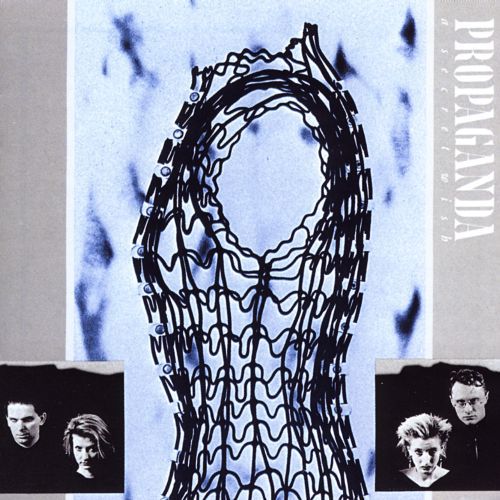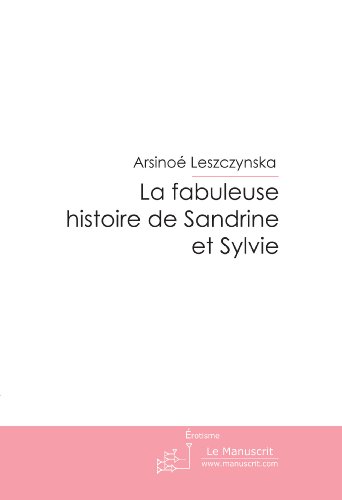 A Secret Wish cover art
A Secret Wish cover art
Sometimes a band inspires so much initial optimism, that a real downer comes when
they go mostly unnoticed (here in America). It was a typical pattern that would play out for many bands during of the disposable singles driven ’80s. More than often, it was not for the lack of talent.
For the one hit wonder culture that fostered the creation of small labels like ZZT, the overwhelming success of Frankie Goes to Hollywood sucked out all the air in the room, for equally creative label mates like Propaganda who never got the promotion they deserved in America.
That shouldn’t have been the case for the German via London band Propaganda. The quartet led by vocalist Claudia Brucken had moved to England for after releasing a string of singles. Their debut album was a sprawling production complete with a guest list that read like a who’s who of the almost dead new romantic and nearly dead art pop scenes. With David Sylvian playing and vocals from Glenn Gregory from Heaven 17, A Secret Wish had a lot going for it. The Trevor Horn produced album featured the trademark sound that made bands like Frankie Goes to Hollywood so distinctive.
Big, bombastic and provocative with just a touch of elegance. That was how you could describe the almost breakout hit “p.Machinery”. It’s clever and stylish video established the Propaganda in the same weird German tradition as Kraftwerk, but with the dreary new romanticism of The Human League or Gary Numan. The video as puppet show was a brilliant, if not slightly disturbing touch that firmly planted the and in the modern surreal MTV aesthetic. It was a startling image that the rest of the album supported only on occasion.
Three singles were released, but not in America. The band gained considerable exposure Stateside from the occasional MTV showing and more importantly on the Miami Vice TV show that was always on the lookout for stylish moody art pop for it’s music video-like action sequences. In many ways the show did more for the band’s awareness than any rotation on MTV might have. Problem was that the massive TV audience that was exposed to their music via Miami Vice in America, likely had no available outlet for obscure import releases from ZZT (if it was not Frankie Goes to Hollywood).
Although there was little in the way of sung lyrics, the production was a snapshot of current post new wave styles, with more than a nod to Grace John’s Slave to the Rhythm. Although pop, being on the ZZT label did mean that the sound would have a bit of an edge in the form of aggressive percussion sounds and the occasional horn to add elegance.
Very much like a light version of The Art of Noise (also on the ZZT label).
Propaganda’s sound would evolve over their short career to sound like a cross between Hoverphonic and Swing Out Sister. They have since split and reformed (at least twice), but still having recorded just three albums between 1982 and 1990.
- More





